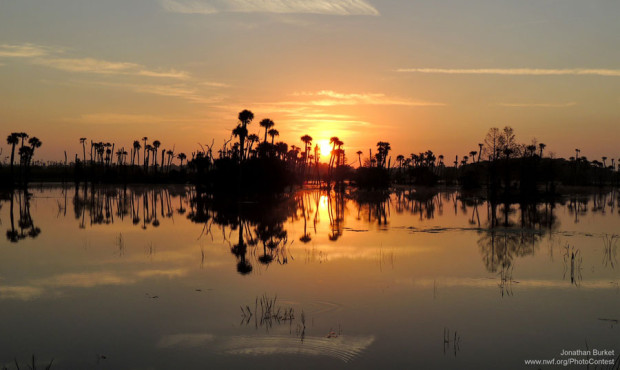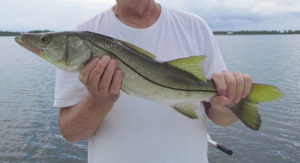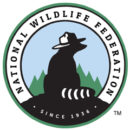We have much more to do and your continued support is needed now more than ever.
Saving Coastal Fisheries and Habitat
Since 1936, the National Wildlife Federation has worked to conserve the nation’s wildlife and wild places. As part of our 80th anniversary celebration, we are recognizing important moments in our history that continue to make an impact today.
Ten years ago, the National Wildlife Federation published a report titled “An Unfavorable Tide” which looked at the impact climate change could have on Florida’s saltwater gamefish species. Today, wildlife and communities are dealing with the negative impacts of sea level rise, flooding, and habitat loss – all effects of climate change. Climate change is a bigger threat than we could have predicted ten years ago.


Additionally, the National Wildlife Federation continues to advocate for funding for the critical C-43 West Basin Storage Reservoir Project. Once constructed, this reservoir will benefit the Everglades, particularly the Caloosahatchee estuary, an important nursery for both fish that live in coastal waters and deep in the Gulf of Mexico. But projects like these require public support and funding, and we need your help more than ever to counter the impacts of climate change, and manmade disasters like Deepwater Horizon.
Donate Now





















